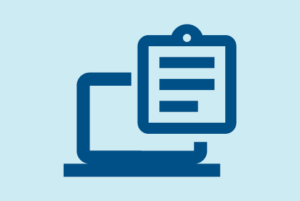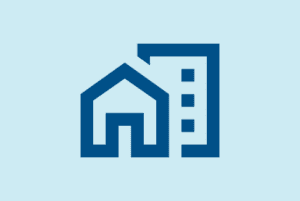The Department of Homeland Security (DHS) issued a proposed rule that would exclude noncash benefits — including most Medicaid benefits — when making a public charge inadmissibility determination. Comments on the proposed rule are due April 25.
This content is restricted to members.



